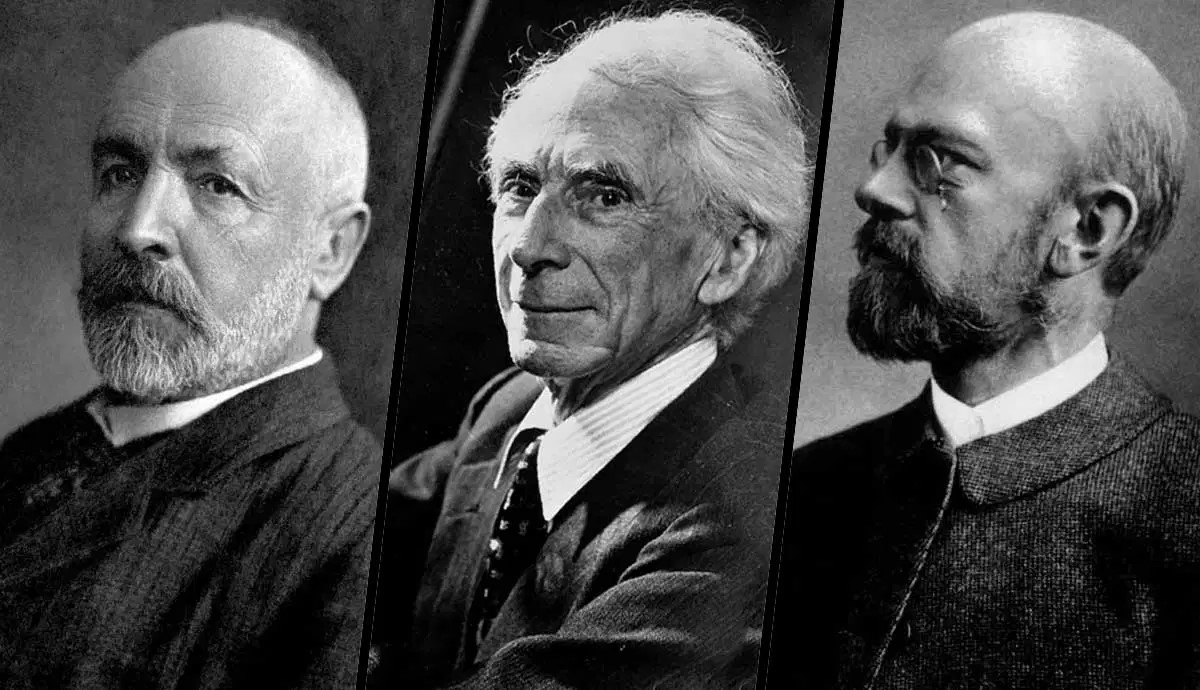
Ever wondered about the brilliant minds behind the mathematical breakthroughs of the 19th century? These mathematicians shaped the world with their groundbreaking discoveries and theories. From the elegant equations of Carl Friedrich Gauss to the pioneering work of Ada Lovelace, each contributed uniquely to the field. Did you know that Lovelace is often considered the first computer programmer? Her work with Charles Babbage laid the foundation for modern computing. Meanwhile, Évariste Galois, despite his short life, revolutionized algebra with his group theory. These geniuses didn't just solve problems; they created new branches of mathematics. Their legacies continue to influence today's technology and science. Curious about who else made waves during this era? Let's delve into the fascinating lives and achievements of these 19th-century mathematical trailblazers.
Key Takeaways:
- 19th century mathematicians like Carl Friedrich Gauss and Ada Lovelace made groundbreaking contributions to modern mathematics, paving the way for today's mathematical concepts and computer programming.
- These mathematicians not only changed the world of mathematics but also impacted fields like physics, engineering, and computer science, leaving a lasting legacy that continues to inspire and influence mathematicians today.
The Rise of 19th Century Mathematicians
The 19th century was a golden era for mathematics. Many brilliant minds emerged, contributing significantly to the field. Let's explore some fascinating facts about these mathematicians and their groundbreaking work.
-
Carl Friedrich Gauss was often called the "Prince of Mathematicians." His work in number theory, statistics, and astronomy laid the foundation for many modern mathematical concepts.
-
Ada Lovelace is considered the first computer programmer. She wrote the first algorithm intended for Charles Babbage's Analytical Engine, a precursor to modern computers.
-
Évariste Galois developed group theory, a branch of abstract algebra. Tragically, he died at just 20 years old in a duel, leaving behind a legacy that transformed mathematics.
-
Bernhard Riemann introduced the Riemann Hypothesis, one of the most famous unsolved problems in mathematics. His work on complex analysis and differential geometry was revolutionary.
-
Sophie Germain made significant contributions to number theory and elasticity theory. Despite facing gender-based discrimination, she corresponded with Gauss under a male pseudonym.
Pioneers in Mathematical Theories
These mathematicians were not just solving equations; they were creating entirely new fields of study. Their theories continue to influence mathematics today.
-
Augustin-Louis Cauchy was a pioneer in analysis and the theory of permutations. He introduced the concept of a limit, which is fundamental to calculus.
-
Niels Henrik Abel proved the impossibility of solving the general quintic equation using radicals. His work laid the groundwork for group theory.
-
Joseph Fourier is best known for Fourier series, which decompose functions into oscillatory components. This concept is crucial in heat transfer and signal processing.
-
George Boole developed Boolean algebra, which is the basis of digital circuit design and computer science.
-
Arthur Cayley was a key figure in the development of matrix theory. His work is essential in linear algebra and quantum mechanics.
Mathematicians Who Changed the World
These individuals didn't just change mathematics; they changed the world. Their discoveries have applications in various fields, from physics to engineering.
-
James Clerk Maxwell formulated the classical theory of electromagnetic radiation. His equations unified electricity, magnetism, and optics.
-
William Rowan Hamilton introduced quaternions, a number system that extends complex numbers. Quaternions are used in computer graphics and robotics.
-
Henri Poincaré is often considered the last universalist in mathematics. He made foundational contributions to topology and the theory of dynamical systems.
-
Georg Cantor created set theory, which forms the basis of modern mathematical logic. He introduced the concept of infinity in mathematics.
-
Felix Klein is known for the Klein bottle, a non-orientable surface. His work in geometry and group theory was groundbreaking.
Unsung Heroes of Mathematics
While some mathematicians gained fame, others worked quietly, making significant yet often overlooked contributions.
-
Mary Somerville was a science writer and polymath who translated and interpreted Laplace's work, making it accessible to a broader audience.
-
John Venn is best known for the Venn diagram, a tool used in logic, statistics, and computer science to illustrate relationships between sets.
-
Charles Hermite made advances in number theory and algebra. He was the first to prove that e, the base of natural logarithms, is a transcendental number.
-
Srinivasa Ramanujan was largely self-taught and made extraordinary contributions to mathematical analysis, number theory, and continued fractions. His work continues to inspire mathematicians worldwide.
The Legacy of 19th Century Mathematicians
19th-century mathematicians left a lasting impact on the world of mathematics and beyond. Their groundbreaking work laid the foundation for many modern scientific and technological advancements. From Carl Friedrich Gauss's contributions to number theory to Ada Lovelace's pioneering work in computing, these brilliant minds pushed the boundaries of what was possible. They tackled complex problems, developed new theories, and inspired future generations to continue exploring the mysteries of mathematics.
Their legacy is evident in the tools and technologies we use today, from computer algorithms to cryptography. Their dedication to understanding the world through numbers and equations has shaped the way we approach problems and find solutions. As we continue to build on their work, we honor their contributions and recognize the importance of their discoveries in shaping our modern world. These mathematicians truly changed the course of history.
Frequently Asked Questions
Was this page helpful?
Our commitment to delivering trustworthy and engaging content is at the heart of what we do. Each fact on our site is contributed by real users like you, bringing a wealth of diverse insights and information. To ensure the highest standards of accuracy and reliability, our dedicated editors meticulously review each submission. This process guarantees that the facts we share are not only fascinating but also credible. Trust in our commitment to quality and authenticity as you explore and learn with us.
